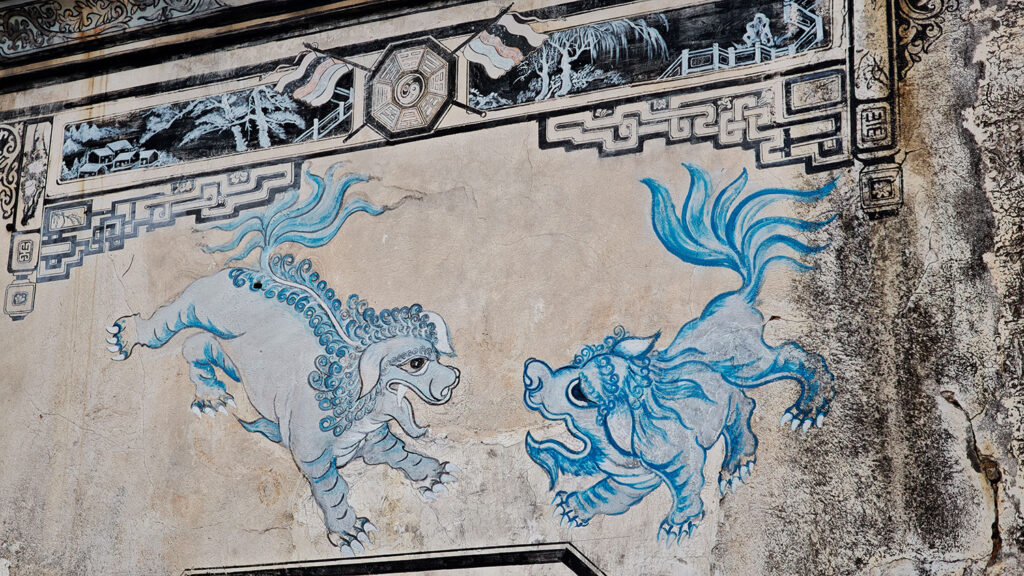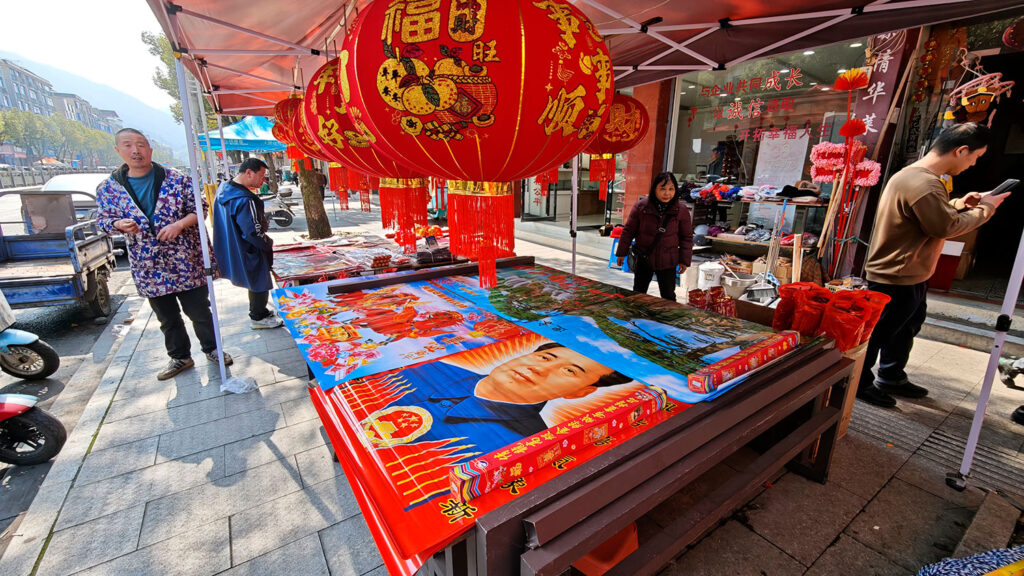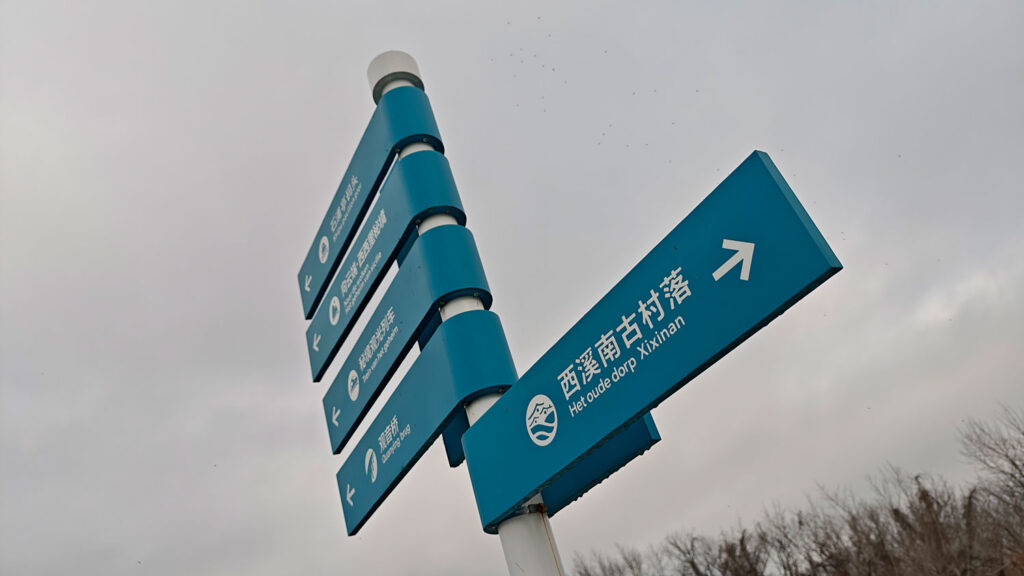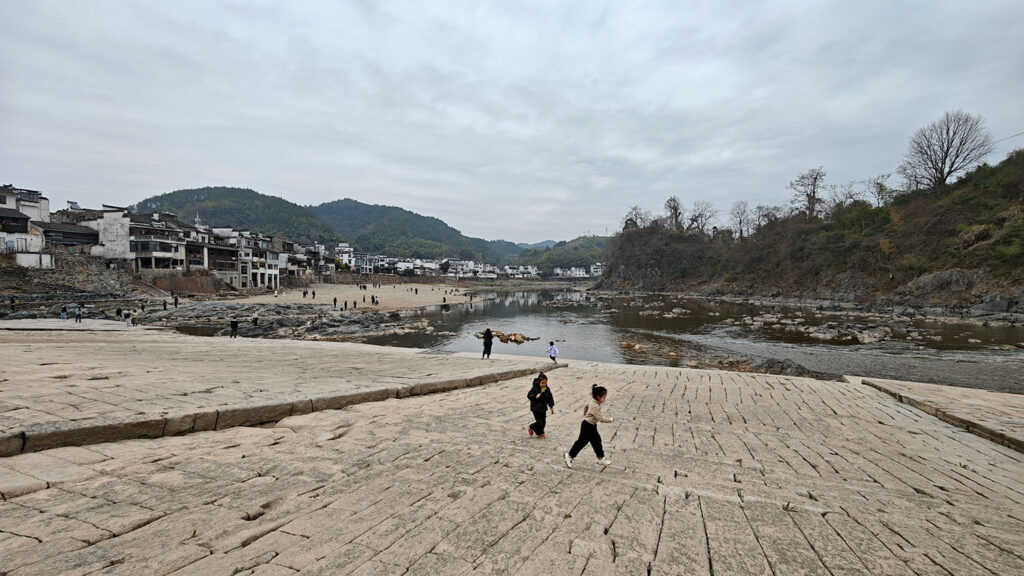“Don’t ask, don’t tell,” was the slogan used by the Clinton presidency in 1994, to resolve the issue of gay acceptance in the United States military. It seemingly solved the problem, precisely by leaving it unresolved.
It’s exemplary for the past decades. In an unprecedented way we’ve seen social, environmental and political problems succeed each other in rapid succession, as we’ve commenced our slow decent into oblivion.
There was the Ukraine crisis, civil wars in Libya, Iraq, Nepal, Mali, Ivory Coast, Syria, Afghanistan and Egypt, the revelations of Wikileaks and Snowden, and the nuclear threat from North Korea and Iran. There was violence in Boston, Utøya, Ferguson and Paris – terrorism all across the world. We’re still seeing a refugee crisis, growing income inequality – and of course the climate problem. Also, among various epidemics, there was the outbreak of Ebola, and more recently the Zika virus.
Really, the typicality of all this, is how these problems have been festering for decades, systematically being ignored, left unresolved like the “Don’t ask, don’t tell” phrase. Problems left to erupt violently, as they have indeed done so recently.
The world is trembling, shaking – yet it seems problems are also being solved.
In 2015, same-sex marriage was legalised nationwide in the United States and Africa was declared free of Ebola. Libya, Egypt and Morocco gained democratic governments and for the first time the amount of children who go to bed hungry is lower than when the counting began. Now, over 86% of the world population under the age of fifteen can read and write, and that percentage has never been as high. Protest against the freedom of the internet where successful, and during the Climate Summit of Paris there was a binding agreement to finally address climate change. China is closing over one thousand coalmines in the next few years and the price of renewable energy is continuously dropping, the price of solar energy has now decreased by sixty-six percent in the last six years alone, and the amount of electric cars on the road is doubling each year, as is the households with solar panels.
Problems rarely exist isolated, like nature, everything seems interconnected. I take a lot of energy from Naomi Klein’s quote, who said: “What if confronting the climate crisis is the best chance we’ll ever get to build a better world?
Halting climate change can coincide with energy poverty (and poverty in general). Educating the world can be a part of solving its income inequality. On a much abstracted level, solving problems can make a better world for all of us, putting global turmoil to rest.
And there’s Ban Ki Moon’s quote: “We’re the first generation that can end poverty and the last that can end climate change.”
I think we have a good shot at all of these things.



